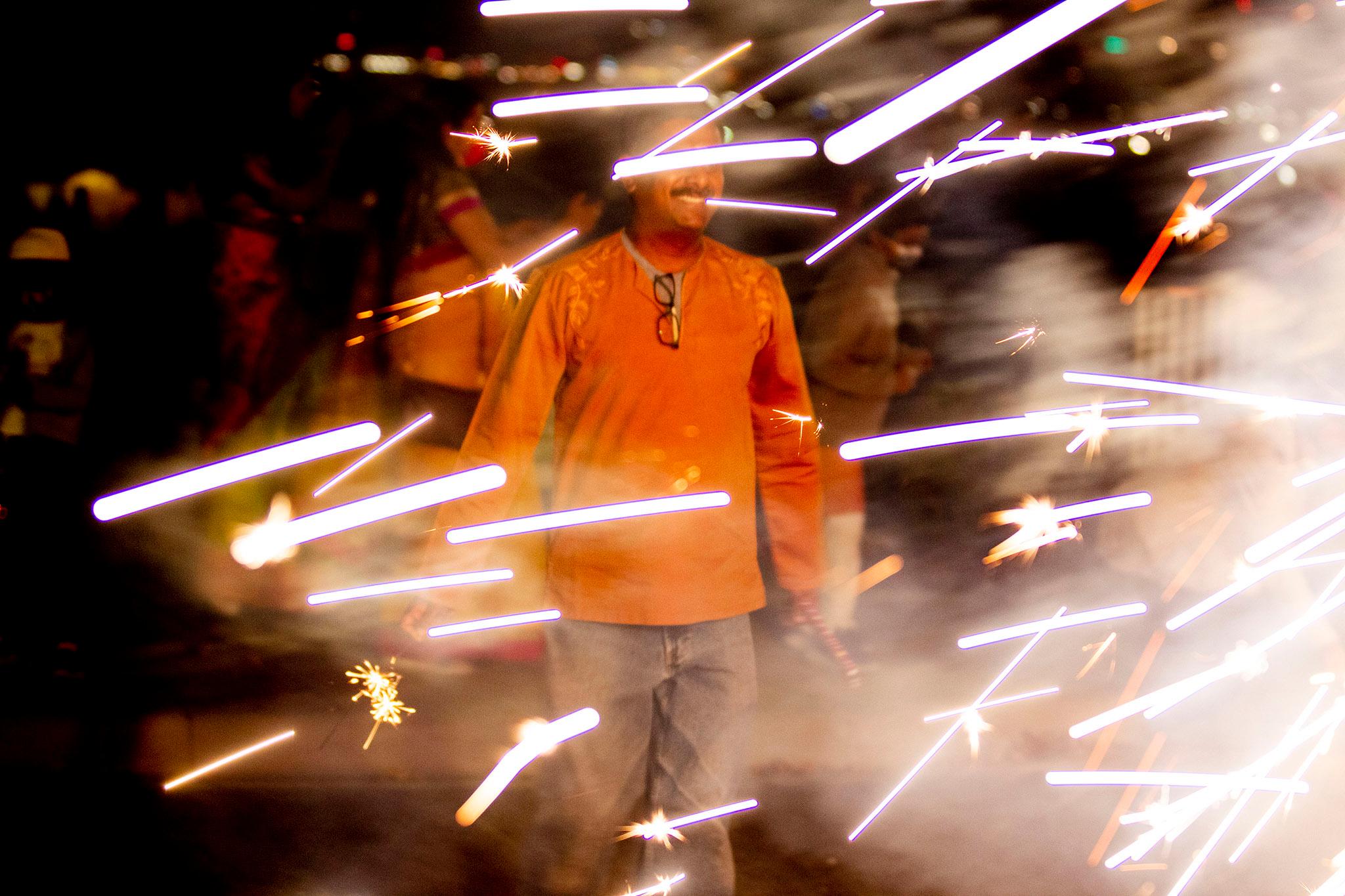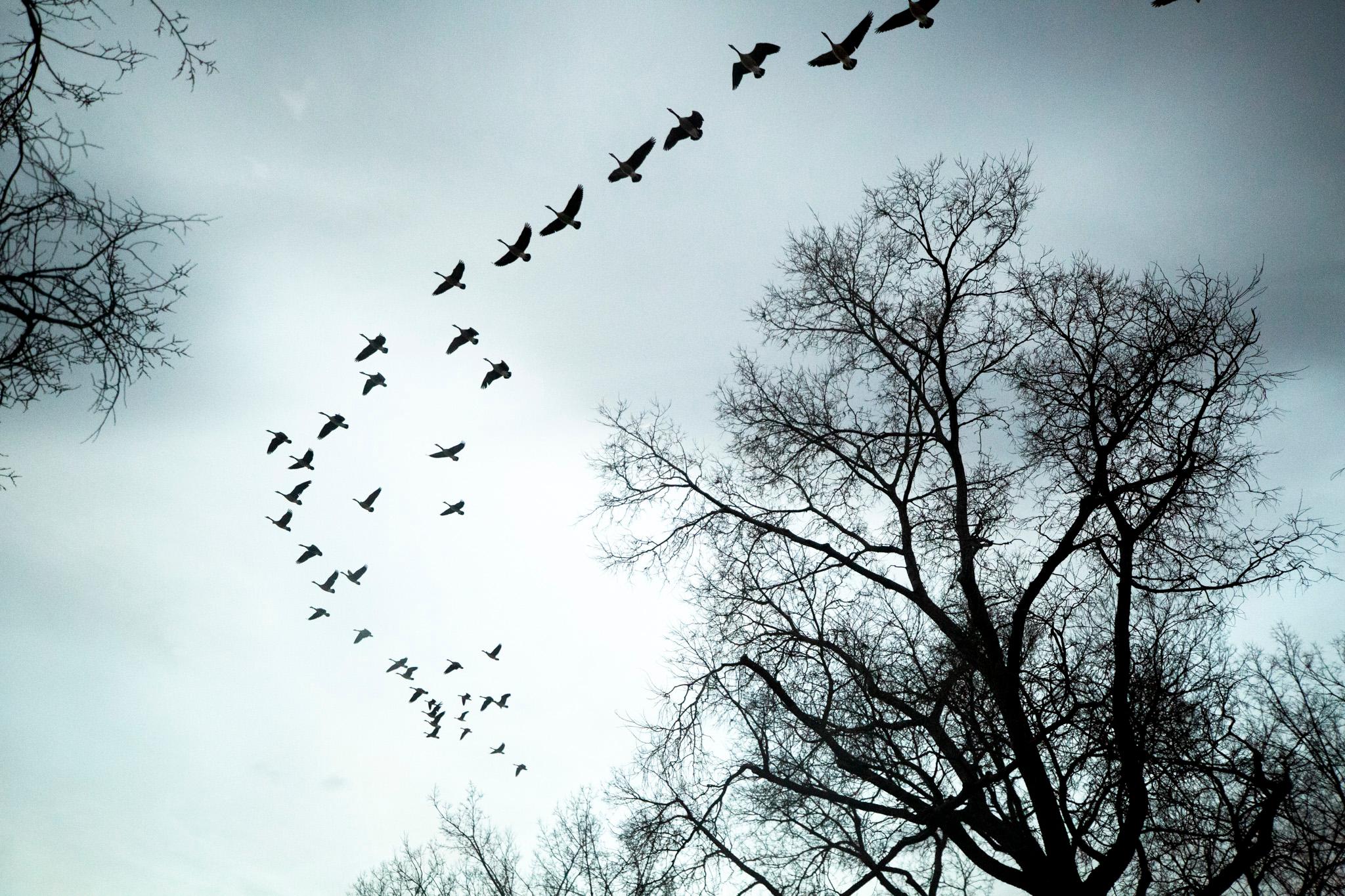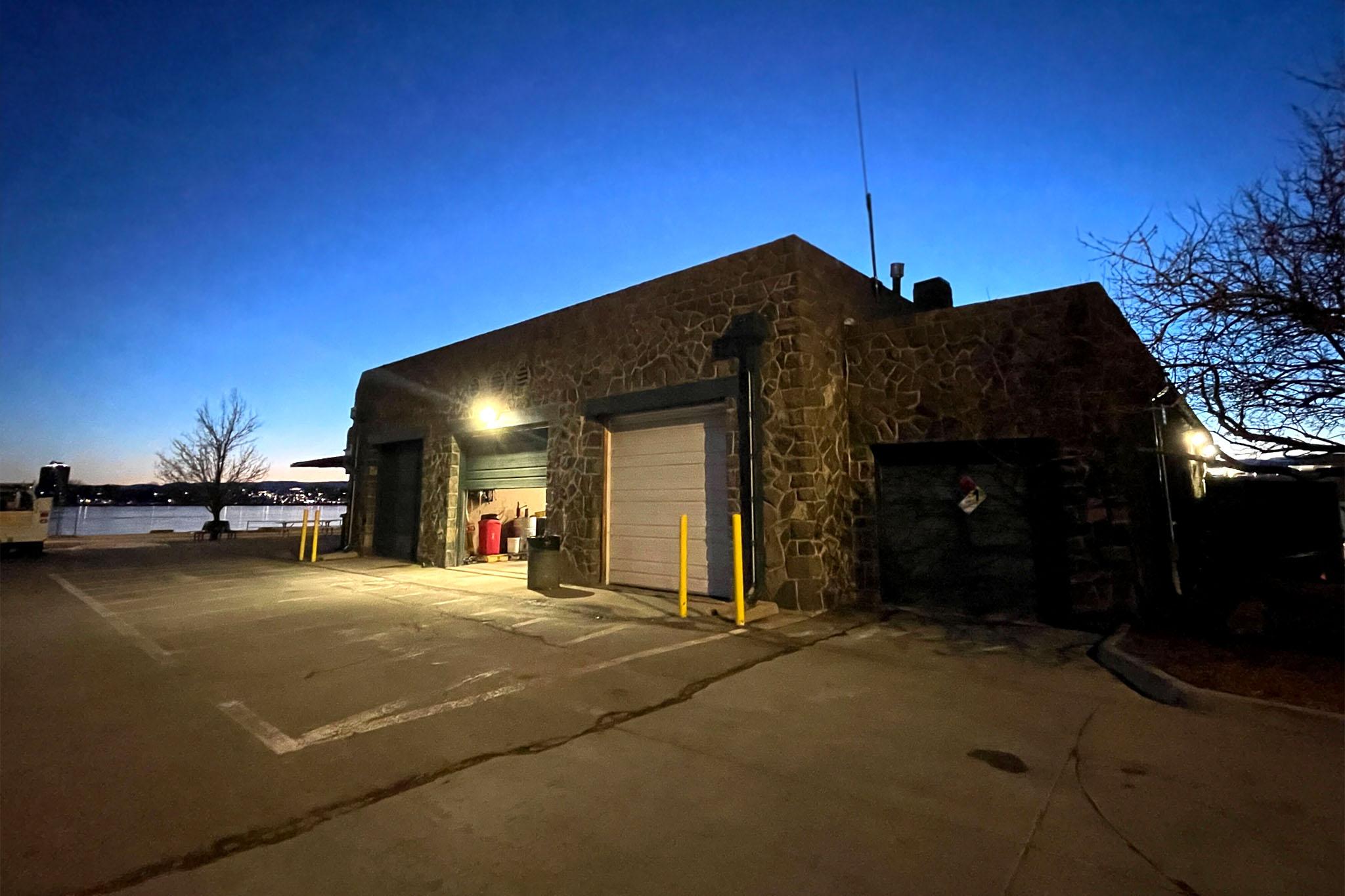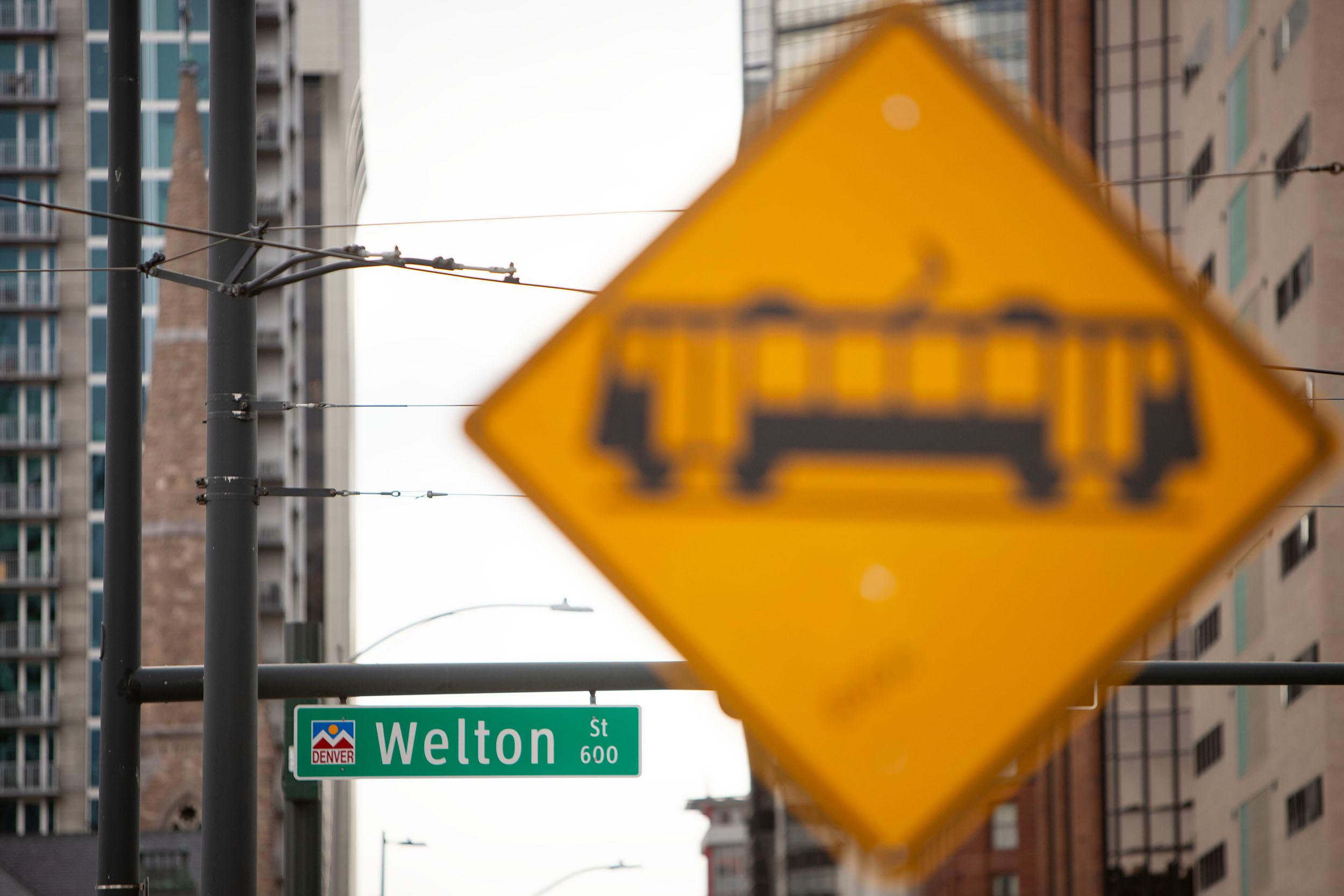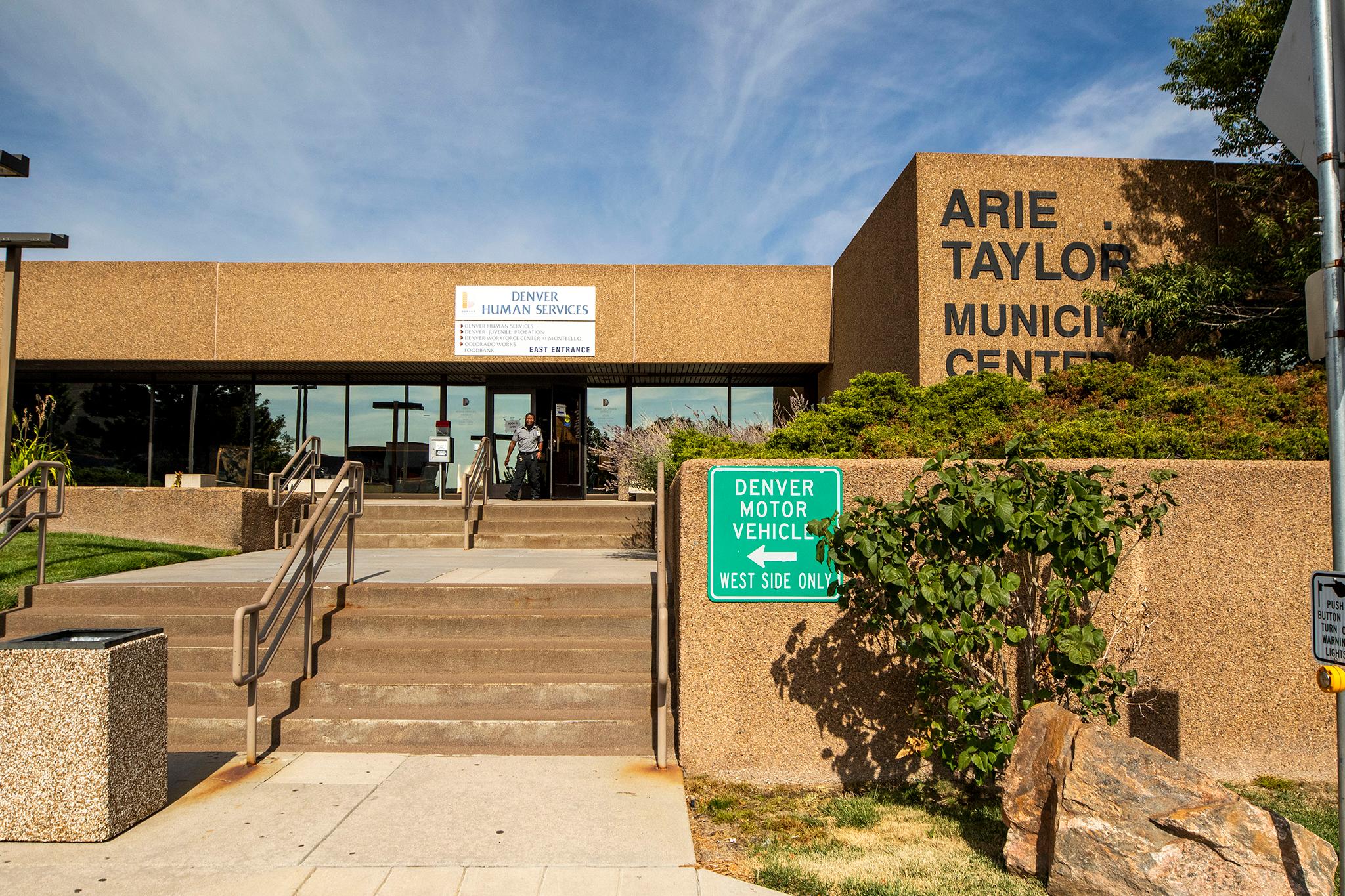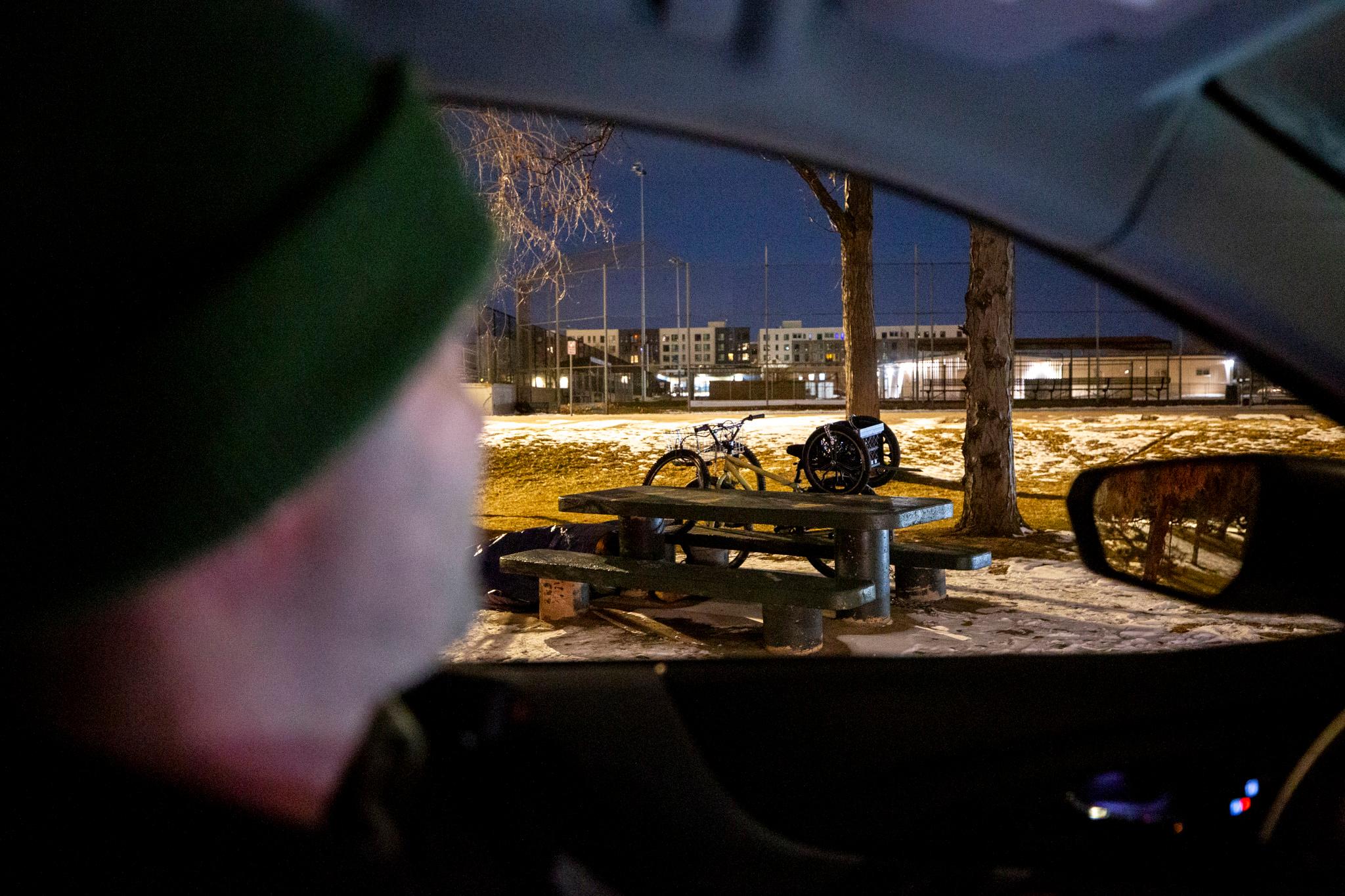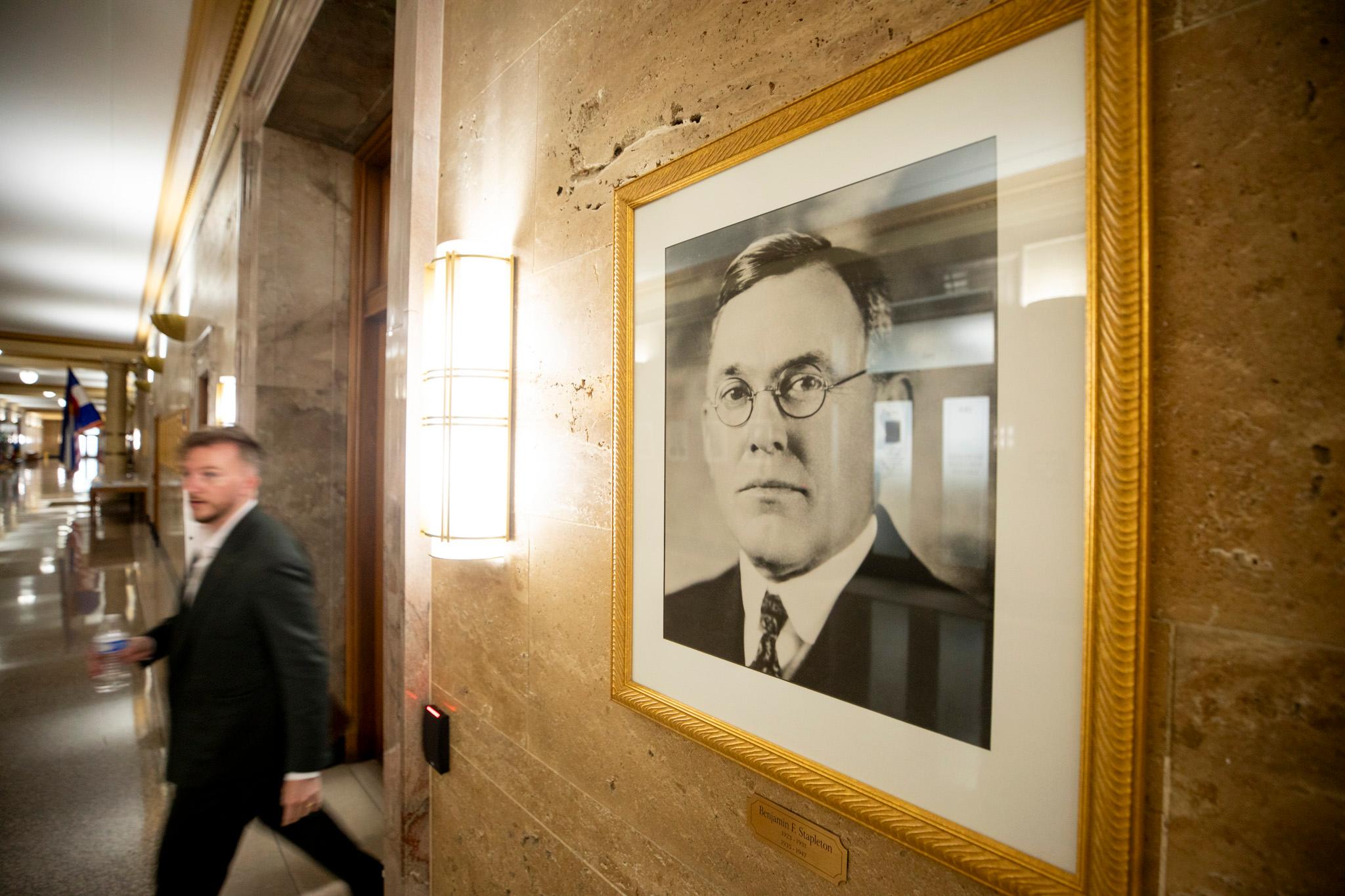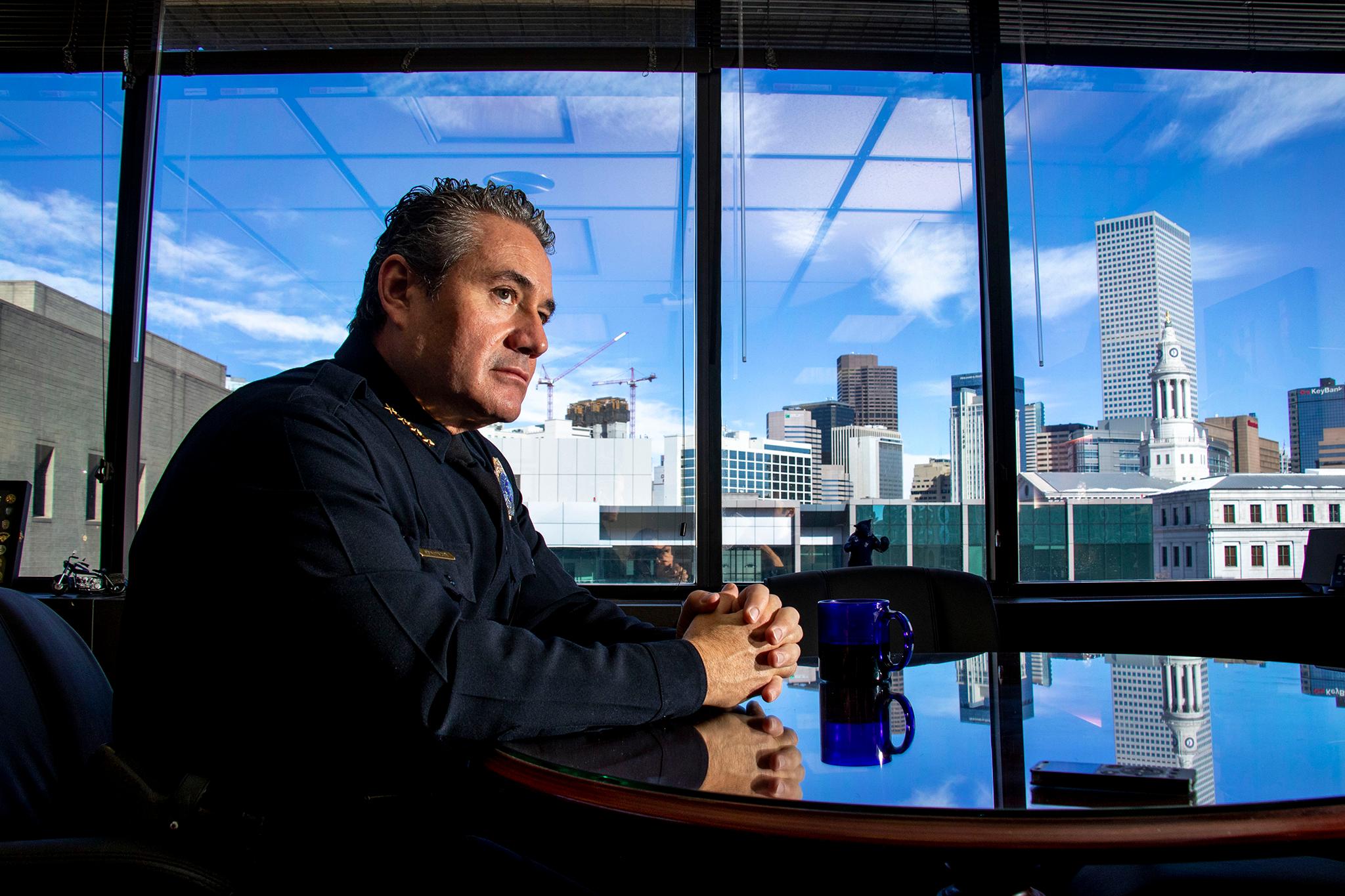Ved Nanda was in very high spirits Tuesday night as people streamed into the Hindu Temple of the Rockies to celebrate the second night of Diwali. It had been two years since his community had the opportunity to gather for the affair. COVID got in the way last year, and in 2019 the event was squashed by heavy snow. This year, people showed up in droves after so much time since their last in-person holiday.
"We are exceptionally happy," the temple's board president said as people lined up to light candles and find spots on rugs to sit for the Puja service. "Now the temple is really thriving."

For the uninitiated, Diwali is the biggest holiday in the religion's calendar. Also known as the Festival of Light, it's celebrated throughout the Hindu world, with regional differences across the massive region.
While deities and practices change across India's landscape, board secretary Sanjay Natesan said they all come together in this Centennial temple. His community has grown steadily in the metro since the 1980s, when worshippers met in peoples' homes, for small ceremonies. This temple was finished in 2015 to accommodate new immigrants and growing families, and its inner chamber is lined with statues and alters that serve people from every corner of the subcontinent.


As a priest wrapped a statue of the goddess Lakshmi in a golden blanket, Nitya Maddodi lifted his young son to grab a tea candle. Maddodi is from Bangalore but came to the U.S. more than a decade ago for graduate school. Eventually, he landed in Denver. He doesn't get to return to India too often, so he's grateful there's a central place where he can teach young Aaryan about his family's culture.
"My kid, he was born here, and we want to give him the culture, the tradition of where we are from, so he carries tradition with him," he told us.

In India, Nanda said, temples are much more than houses of worship. They're gathering places that are key to building social and cultural bonds. He's proud this temple has filled that need for people here in Colorado.
"We're also here in order to see socially, culturally that we as a community keep our own identity together," he said. "This has become a pretty good gathering place."

As the Puja wrapped up and people headed outside to engulf the front lawn in smoke and fireworks, Nanda took the mic for one last word.
"Please know that this temple is your temple," he told the crowd. "It belongs to all of us."






